 Individuation, meaning in our case, Jung’s idea is a topic of deep curiosity and a lot of misunderstanding. One of the most compelling questions about this concept is whether individuation has a final point of culmination or if it is an unending journey. To probe this question, we must delve deeply into Carl Jung’s perspectives on the human psyche and its inherent quest for holistic self-realization.
Individuation, meaning in our case, Jung’s idea is a topic of deep curiosity and a lot of misunderstanding. One of the most compelling questions about this concept is whether individuation has a final point of culmination or if it is an unending journey. To probe this question, we must delve deeply into Carl Jung’s perspectives on the human psyche and its inherent quest for holistic self-realization.
The meaning and purpose of the individuation process is the realization, in all its aspects, of the personality originally hidden away in the embryonic germ-plasm; the production and unfolding of the original, potential wholeness.
Table of Contents - Jump To Section
Understanding Individuation: The Inner Odyssey
Individuation is a cornerstone of Jung’s analytical psychology, representing a lifelong process of personal development that involves the integration of the conscious and unconscious contents of the psyche.
Unlike a destination one arrives at, individuation is an ongoing journey. It’s an evolution, a becoming, an unfolding of the self that isn’t about reaching a static state of being but achieving a dynamic living balance within the psyche.
Individuation and Integration of the Shadow
 This transformative process requires recognition and integration of the shadow, the repressed, rejected, or denied parts of our personality. This idea of shadow work – which is not a phrase Jung ever used – is about reconciling internal polarities and contradictions, such as masculinity and femininity, darkness and light, and conscious and unconscious. In this process we forge a unique, coherent identity that is more than the sum of its parts.
This transformative process requires recognition and integration of the shadow, the repressed, rejected, or denied parts of our personality. This idea of shadow work – which is not a phrase Jung ever used – is about reconciling internal polarities and contradictions, such as masculinity and femininity, darkness and light, and conscious and unconscious. In this process we forge a unique, coherent identity that is more than the sum of its parts.
The path of individuation is inherently personal, yet it connects us to universal human experiences. It draws from and contributes to the collective unconscious, a reservoir of experiences, myths, and archetypes that transcend individual human consciousness. It’s a process of becoming oneself within the larger context of human history and culture, embracing both personal idiosyncrasies and universal human qualities.
The Eternal Process: Individuation Meaning Beyond Temporality
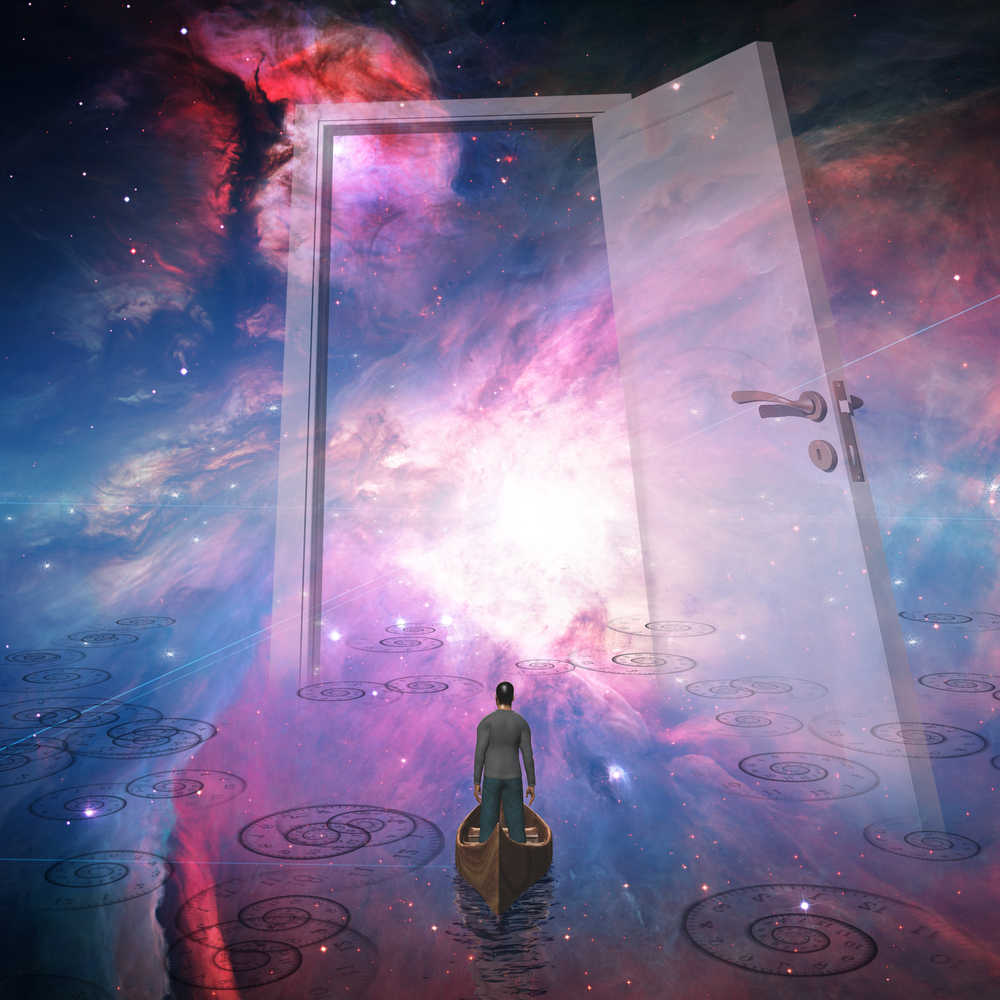 One of Jung’s most fascinating contributions is his concept of the collective unconscious and its influence on the process of individuation. The archetypes form the structure of this inner dimension. The archetypes are universal motifs and mythologems, existent in the psyche of all human beings. These archetypes provide a kind of psychic inheritance and connect individuals to the shared experiences and cultural underpinnings of the human species.
One of Jung’s most fascinating contributions is his concept of the collective unconscious and its influence on the process of individuation. The archetypes form the structure of this inner dimension. The archetypes are universal motifs and mythologems, existent in the psyche of all human beings. These archetypes provide a kind of psychic inheritance and connect individuals to the shared experiences and cultural underpinnings of the human species.
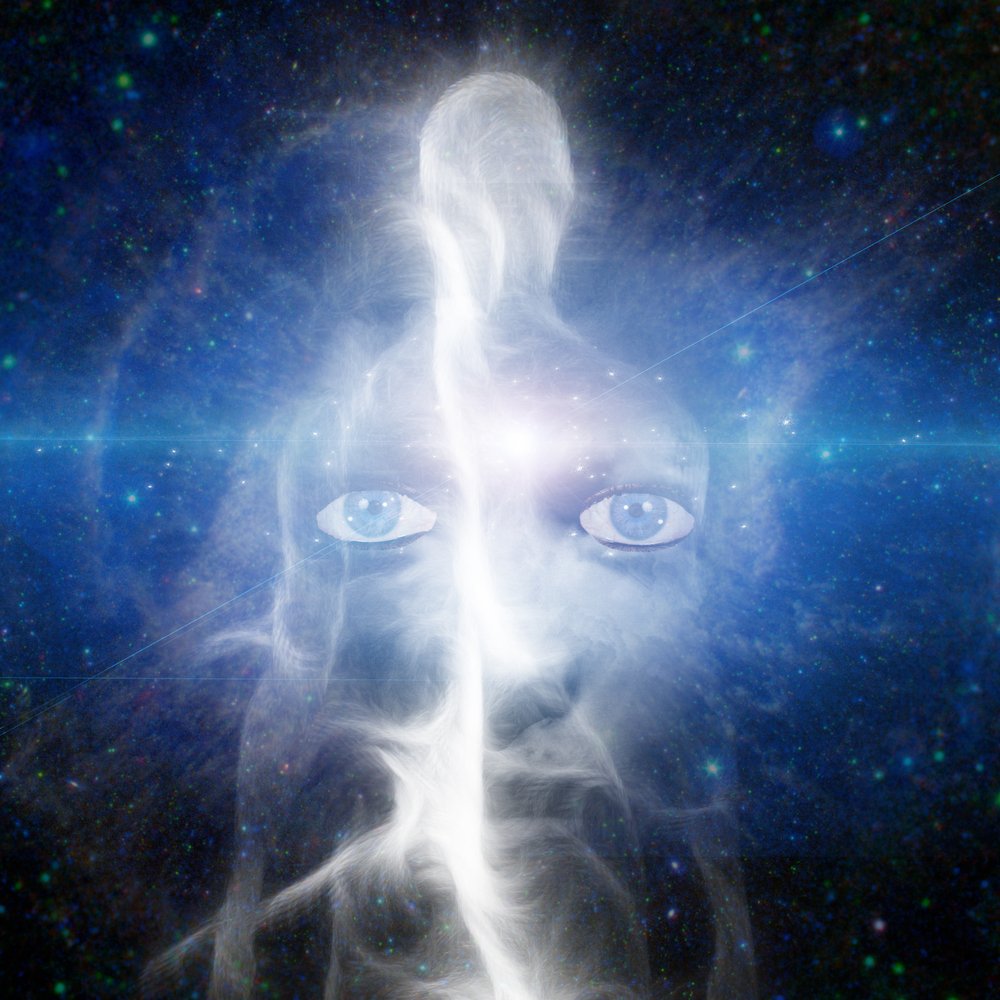 Jung’s concept of individuation extends beyond the temporal confines of an individual’s life. The archetypal themes and their symbols we engage during our individuation process do not originate from our personal experiences alone but are echoes of humanity’s collective experiences throughout history. This recognition expands the scope of individuation, meaning it places our individual development in the context of a larger, timeless, human narrative. For Jung, the ultimate mission for each of us was to serve the evolution of Consciousness as a universal principle of existence.
Jung’s concept of individuation extends beyond the temporal confines of an individual’s life. The archetypal themes and their symbols we engage during our individuation process do not originate from our personal experiences alone but are echoes of humanity’s collective experiences throughout history. This recognition expands the scope of individuation, meaning it places our individual development in the context of a larger, timeless, human narrative. For Jung, the ultimate mission for each of us was to serve the evolution of Consciousness as a universal principle of existence.
By engaging the collective unconscious, we face more than our personal histories. We join a broader historical and cultural dialogue. The challenge extends beyond integrating personal unconscious content. We must grapple with and integrate universal, historically rooted human experiences.
The Dynamic Psyche: Growth Without an Endpoint
Given this framework, can individuation ever reach a final state? Jung’s suggests that it cannot — and should not. The psyche is not a static entity; it’s infinitely dynamic and ever-evolving. While we may achieve individual milestones or plateaus of stability along our journey, the process of growth and self-discovery doesn’t end. New life stages and experiences continuously prompt further introspection and adaptation.
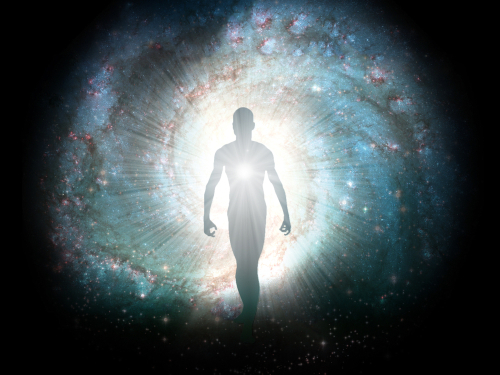 Achieving a state of total self-realization or a complete synthesis of the psyche’s disparate parts isn’t the goal of individuation. Instead, it’s about nurturing an ongoing dialogue within the psyche, exactly what we do in analysis and dream work. This involves facilitating continuous negotiation and readjustment among its aspects. This perspective frees individuation from a linear progression. It isn’t about reaching a definitive conclusion. It frames development as an open-ended spiral, always evolving.
Achieving a state of total self-realization or a complete synthesis of the psyche’s disparate parts isn’t the goal of individuation. Instead, it’s about nurturing an ongoing dialogue within the psyche, exactly what we do in analysis and dream work. This involves facilitating continuous negotiation and readjustment among its aspects. This perspective frees individuation from a linear progression. It isn’t about reaching a definitive conclusion. It frames development as an open-ended spiral, always evolving.
Jung himself resisted the notion of finality in psychological development. He saw the human psyche as an ongoing Cosmic project, constantly in flux. The tensions and conflicts inherent within it aren’t nuisances to be resolved but are vital drivers of growth and consciousness. They compel us to confront, negotiate, and integrate new aspects of ourselves and our experiences, ensuring that the journey of individuation remains a vibrant, life-affirming process.
Emma Jung’s Posthumous Individuation: An Enlightening Anecdote
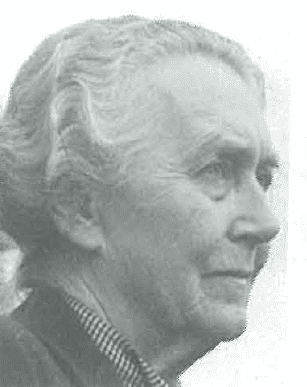 Jung’s psychological insights were often intertwined with his personal life, and he shared anecdotes and dreams that offered glimpses into his understanding of the psyche. One such instance is his recounting of a dream following the death of his wife, Emma. In the dream, Emma continued her scholarly work on the Grail Legend, indifferent to Jung’s presence.
Jung’s psychological insights were often intertwined with his personal life, and he shared anecdotes and dreams that offered glimpses into his understanding of the psyche. One such instance is his recounting of a dream following the death of his wife, Emma. In the dream, Emma continued her scholarly work on the Grail Legend, indifferent to Jung’s presence.
This dream significantly impacted Jung’s thoughts on the continuity of the individuation process. Emma’s engagement with her work, even in death, suggested to Jung that the process of self-realization isn’t confined to our conscious life or even to our physical existence. It hinted at a continuation consistent with our interests, pursuits, and internal developments during our lifetime.
This insight reinforced Jung’s conception of the individuation process as transcending the individual’s physical life. It underscored the idea that our journey toward self-realization doesn’t cease with our physical death. Instead, it continues to evolve in accordance with the individual’s intrinsic path of development, independent of their earthly existence.
The Journey Without End: Individuation as Humanity’s Shared Destiny
In essence, Jung’s concept of individuation challenges the finality of physical death. It suggests a journey that persists, potentially beyond our mortal existence. It proposes that our drive for wholeness doesn’t end. Our quest for understanding continues. The integration of our being’s disparate aspects doesn’t conclude with our last breath.
Individuation represents humanity’s broader journey toward greater consciousness and self-realization. It isn’t just a personal endeavor but a facet of our collective destiny as a species. Each individual’s process contributes to the collective human experience, influencing and being influenced by the shared psychic substrate that unites us all.
Individuation Meaning and Wholeness
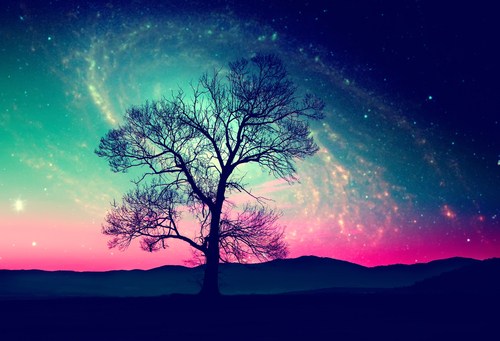 In this vast tapestry, our experiences and growth are individual threads. They intertwine with countless others across time and space. Our struggles and triumphs echo in a shared psychic labyrinth. They resonate within the collective unconscious. This collective process contributes to the ongoing evolution of human consciousness.
In this vast tapestry, our experiences and growth are individual threads. They intertwine with countless others across time and space. Our struggles and triumphs echo in a shared psychic labyrinth. They resonate within the collective unconscious. This collective process contributes to the ongoing evolution of human consciousness.
Thus, the journey of individuation is far more than a personal quest for self-knowledge or individual wholeness. It’s part of a greater, supra-personal trajectory that binds us together in our shared humanity. It’s an eternal dance, ever in motion, propelled by the dialectic between conscious and unconscious, individual and collective, human and more-than-human.
Individuation Meaning and Beyond
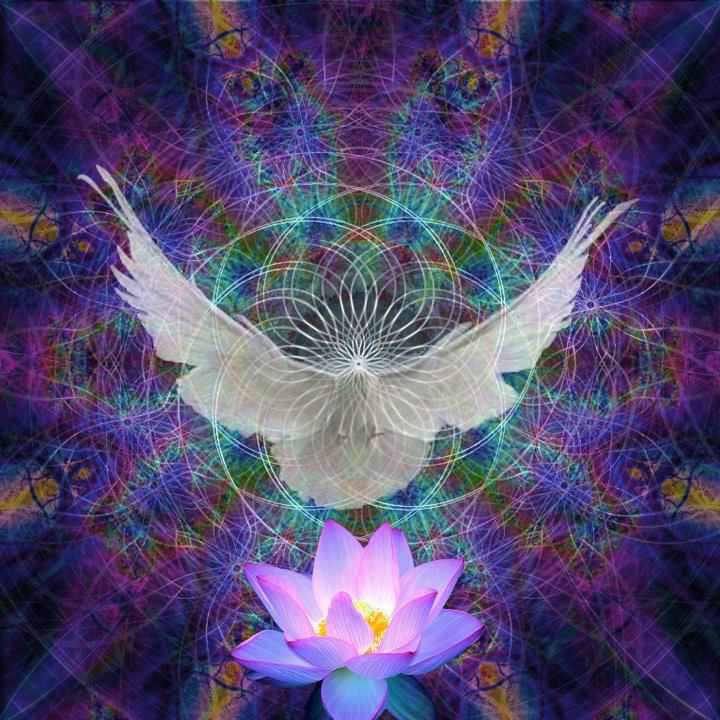 Jungian psychology offers a unique lens through which we view ourselves. We are not isolated individuals. Instead, we are deeply connected to a more profound reality. This connection extends beyond our immediate understanding. Our individuation journey is intertwined with others’ paths. It links us to past and future generations.
Jungian psychology offers a unique lens through which we view ourselves. We are not isolated individuals. Instead, we are deeply connected to a more profound reality. This connection extends beyond our immediate understanding. Our individuation journey is intertwined with others’ paths. It links us to past and future generations.
Together, we partake in a ceaseless story of psychic evolution. This shared journey deepens our understanding of humanity. It helps us explore what it truly means to be human.
There is no final stop for individuation, meaning that there is no ultimate state of completion or perfection to be attained. Instead, there is an ongoing process of growth, discovery, and becoming, a continual unfolding of the self within the greater context of human existence. It’s a humbling, awe-inspiring journey that celebrates the complexity, the mystery, and the beauty of the psyche, life, and the interconnected cosmos we are all part of.

It seems to me that when individuation goes deep enough it affects the Beyond and the Beyond affect us in an unending dynamic of reciprocal individuation. The ancestral tree of humanity is being healed, made more whole, as a result of an individual soul’s evolution.
I totally agree with you